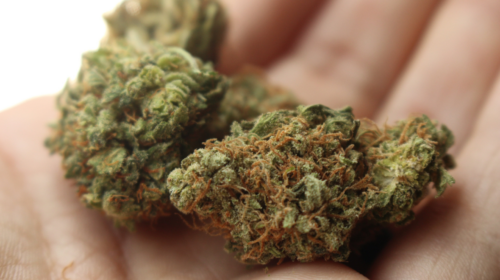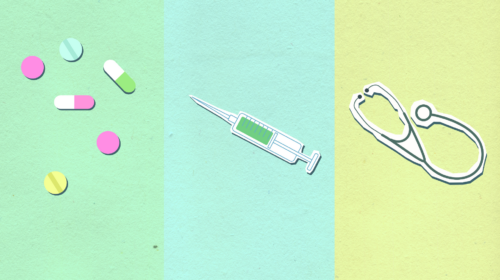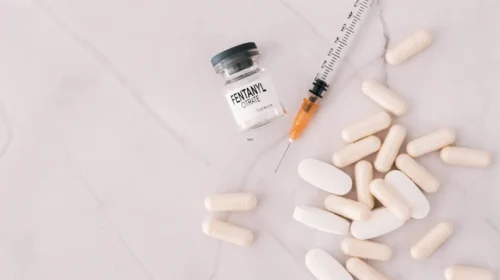Buprenorphine has been in the news more than usual as of late. On one side of the spectrum, we’ve learned that the Justice Department has issued a 28-count indictment against Suboxone® maker Invidor, which includes felony fraud and conspiracy, for downplaying the risks of abuse and addiction. On the other, a bill is currently making its way through the Vermont Legislature to decriminalize possession of the drug without a prescription. These two conflicting stories perfectly exemplify the drug’s often polarizing history. Some think it’s a cure-all for prolonged and untreated opioid addiction and some believe that it’s replacing one addiction for another…neither one is true.
The Data on Buprenorphine
Buprenorphine was first approved for the treatment of opioid use disorder in 2002 with the FDA approval of Suboxone. Since its introduction into the opioid addiction treatment landscape, the number of opioid treatment programs (OTPs) to use the drug has risen from 11 percent in 2003 to 58 percent in 2015, according to data from the Substance Abuse and Mental Health Services Administration (SAMHSA). OTPs are regulated by (SAMHSA) and are qualified to dispense controlled substances, methadone, and buprenorphine, to treat addiction to opioids (e.g., heroin and prescription pain relievers).
Treatment Outcomes for Suboxone
Since its approval for use in opioid addiction treatment, several clinical studies have investigated the efficacy of Suboxone when administered within a responsible, controlled, and clinically appropriate paradigm. One of these efforts includes a 2014 study from Baltimore’s Medstar Union Hospital Department of Internal Medicine, which found that Suboxone is an effective treatment method for heroin addiction and is a viable outpatient therapy option. Other data from the Pew Research Center indicates that medication-assisted treatment with Suboxone and select other drugs is the most viable form of treatment for opioid use disorder when combined with other interventions like behavioral rehab and ongoing psychiatric treatment. It’s important to realize that Suboxone or any other type of buprenorphine maintenance medication is not meant to supplant any other element of treatment.
Risks of Buprenorphine and Suboxone
It is true that the dangers of diversion and subsequent abuse of buprenorphine have been well documented, particularly among the incarcerated population in the United States. It’s important to remember that this drug does deploy limited amounts of opioids to counteract cravings and withdrawal symptoms. This is why patients must work closely with their doctor to carefully and responsibly taper off when they no longer feel the drug is needed. It is critically important that patients only take Suboxone and other types of opioid maintenance drugs if they are deemed clinically eligible by an approved provider who can monitor progress and adjust patients’ regimens accordingly.
Recovery Unplugged remains committed to helping our patients heal from of opioid use disorder through the use of approved medications like buprenorphine, as well as naltrexone (Vivitrol®), while making them and their loved ones completely aware of the risks of abuse. These medications have proven remarkably effective in the treatment of opioid use disorder, and we are a trusted and reputable provider for eligible recipients.

























